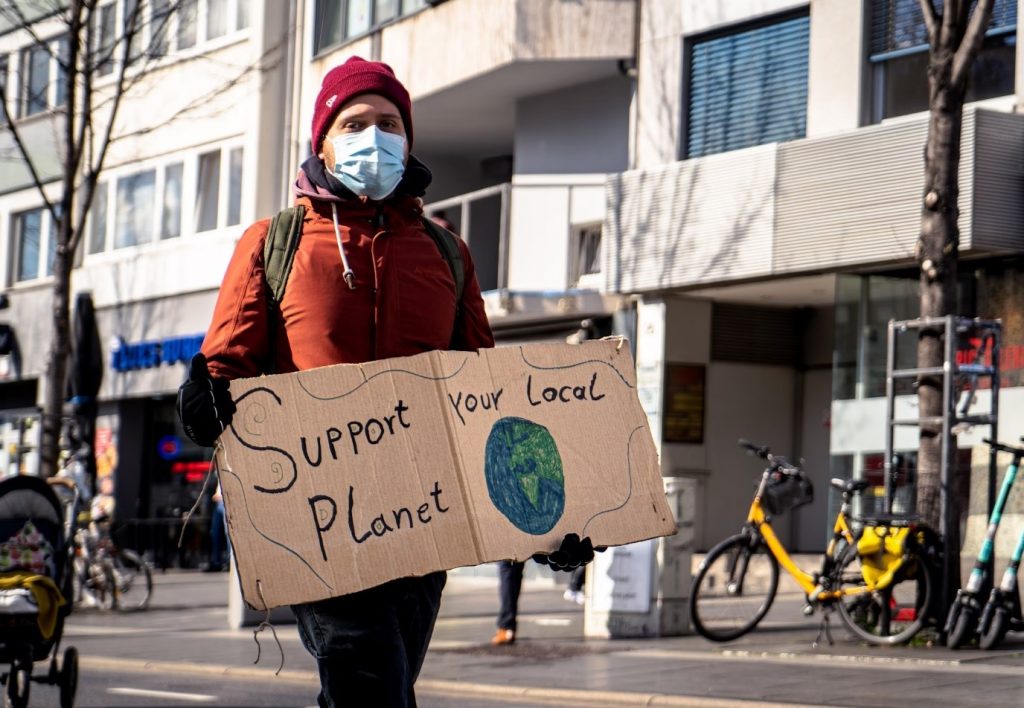By Amina Younis
In recent years, extreme weather events have become more frequent and intense. From destructive hurricanes to unprecedented floods and scorching heatwaves, the impacts of climate change are becoming more apparent. This article explores how these extreme weather events are reshaping our world and the urgent need for action.

Impact of Extreme Weather Events
Hurricanes are becoming stronger and more frequent due to warming oceans. For instance, Hurricane Laura, which struck Louisiana in 2020, was one of the most powerful storms in recent memory, causing widespread destruction and prolonged recovery efforts. Similarly, the severe flooding in Europe during the summer of 2021, particularly in Germany and Belgium, highlighted the intensifying patterns of weather. These floods, driven by heavy rainfall and overwhelmed drainage systems, underscored the severity of the increasing weather patterns.
In 2024, we’ve seen these patterns continue and intensify. Cyclone Isla struck the Indian Ocean, affecting the coasts of India and Bangladesh with winds exceeding 200 km/h, leading to mass evacuations and significant infrastructure damage. Additionally, Hurricane Valeria hit the Gulf Coast of the United States, affecting Texas and Louisiana with torrential rains and winds, reminiscent of past storms but with a greater ferocity.
Heatwaves are also becoming more frequent and severe. In 2023, Southern Europe experienced a record-breaking heatwave, pushing cities to their limits and impacting both people and infrastructure. This year, 2024, has seen a relentless heatwave sweep across Asia, particularly affecting India and Pakistan. Temperatures soared past 50°C (122°F), causing severe water shortages and putting immense pressure on agriculture and public health systems.
Wildfires are another growing concern. Australia’s 2019-2020 fire season, known as the “Black Summer,” devastated millions of acres, impacting wildlife and communities. In 2024, Canada faced its worst wildfire season on record, with fires raging across British Columbia and Alberta. These fires were fueled by dry conditions and high temperatures, leading to widespread evacuations and poor air quality affecting millions.
The Urgent Need for Action
The human and economic costs of these extreme weather events are staggering. Communities are displaced, homes are destroyed, and the financial toll runs into billions of dollars. Addressing these challenges requires immediate action. Reducing greenhouse gas emissions, investing in renewable energy, and enhancing infrastructure to withstand extreme weather are essential steps.
In 2024, global efforts to combat climate change have gained momentum. The COP29 conference, set to take place in Baku, Azerbaijan, later this year, aims to address these pressing issues with a renewed focus on international cooperation and innovative solutions.
As we face these new challenges, it is clear that extreme weather is not a distant threat — it is happening now and accelerating. By acknowledging the problem and taking decisive action, we can begin to mitigate its impact and work towards a more resilient future. This involves not only international collaboration but also local initiatives that empower communities to adapt and prepare for the realities of a changing climate.

